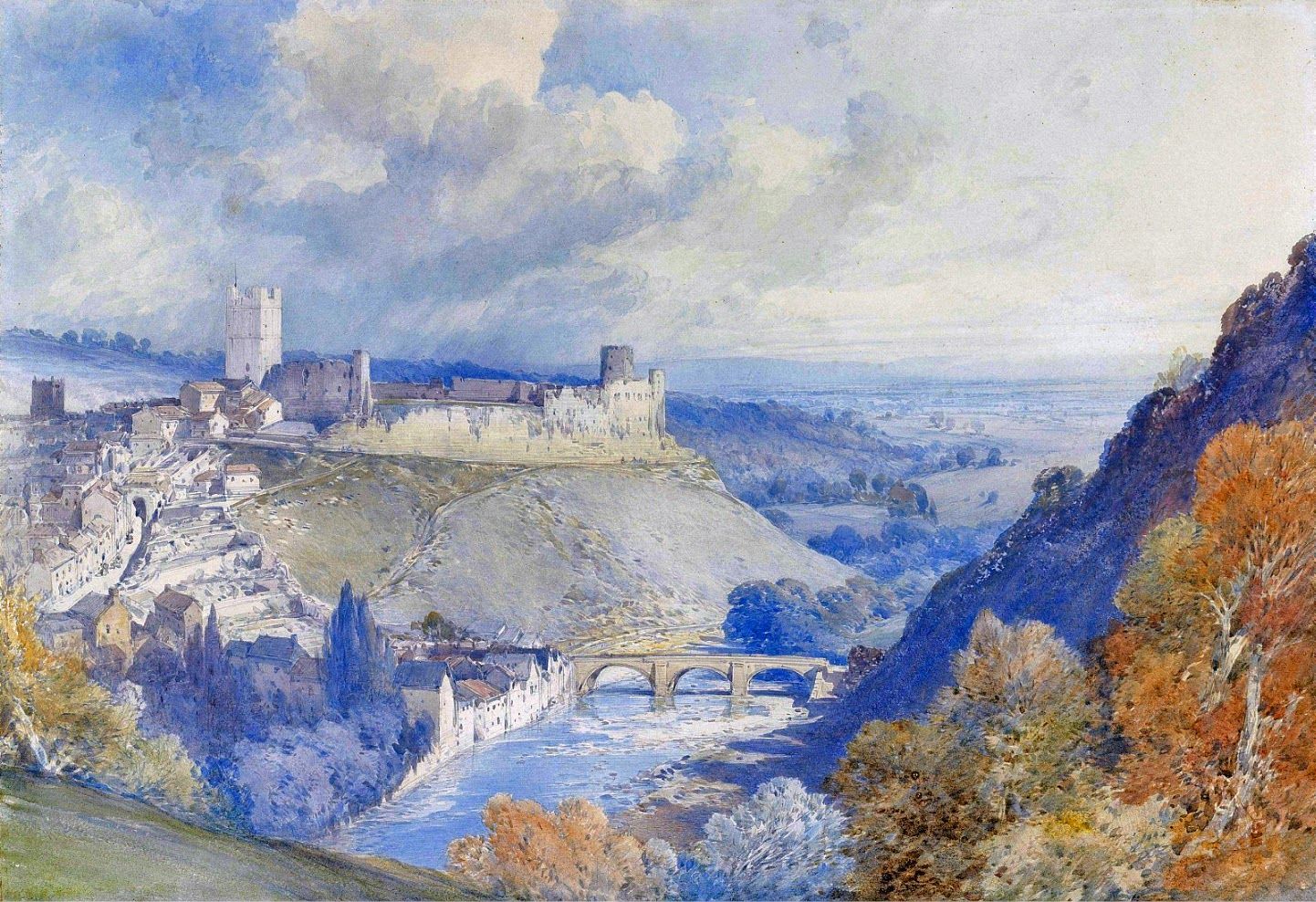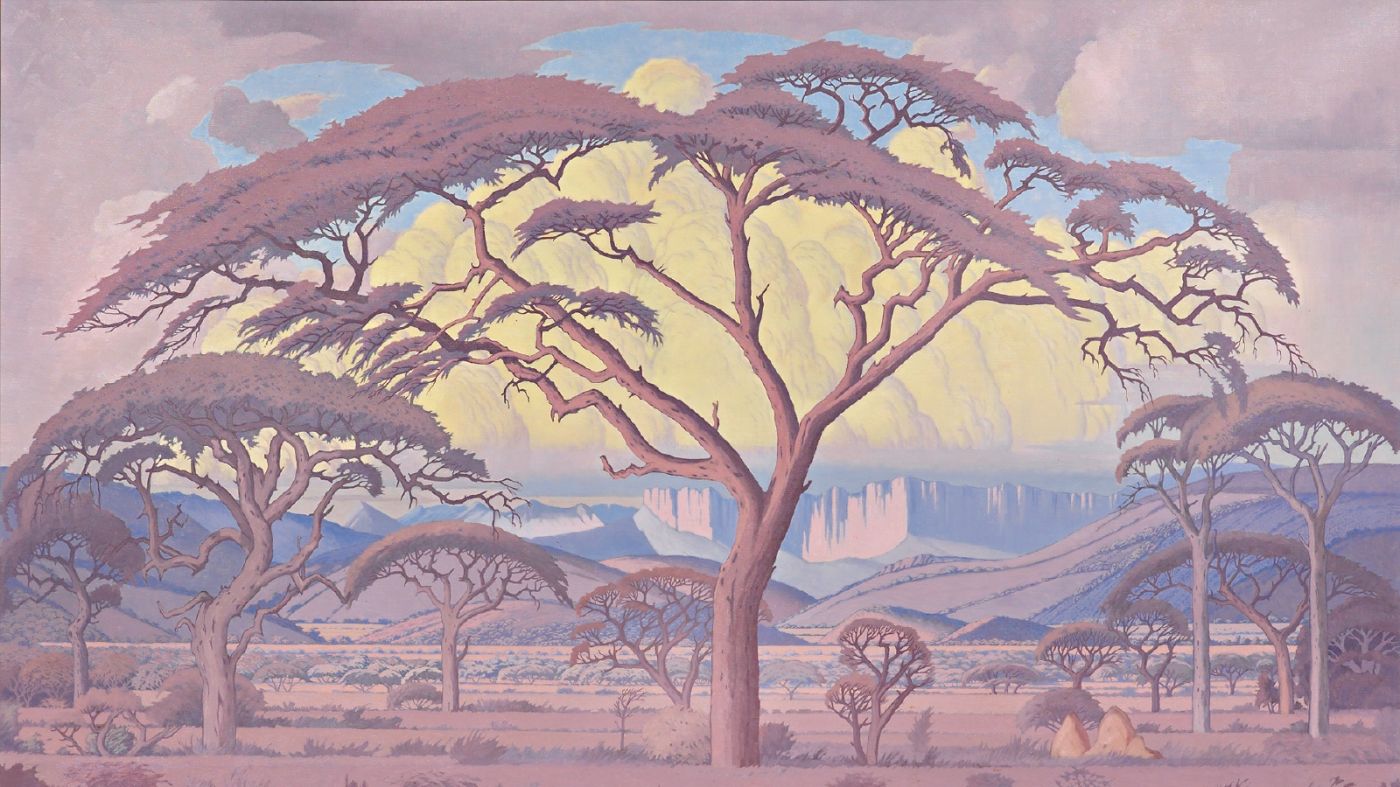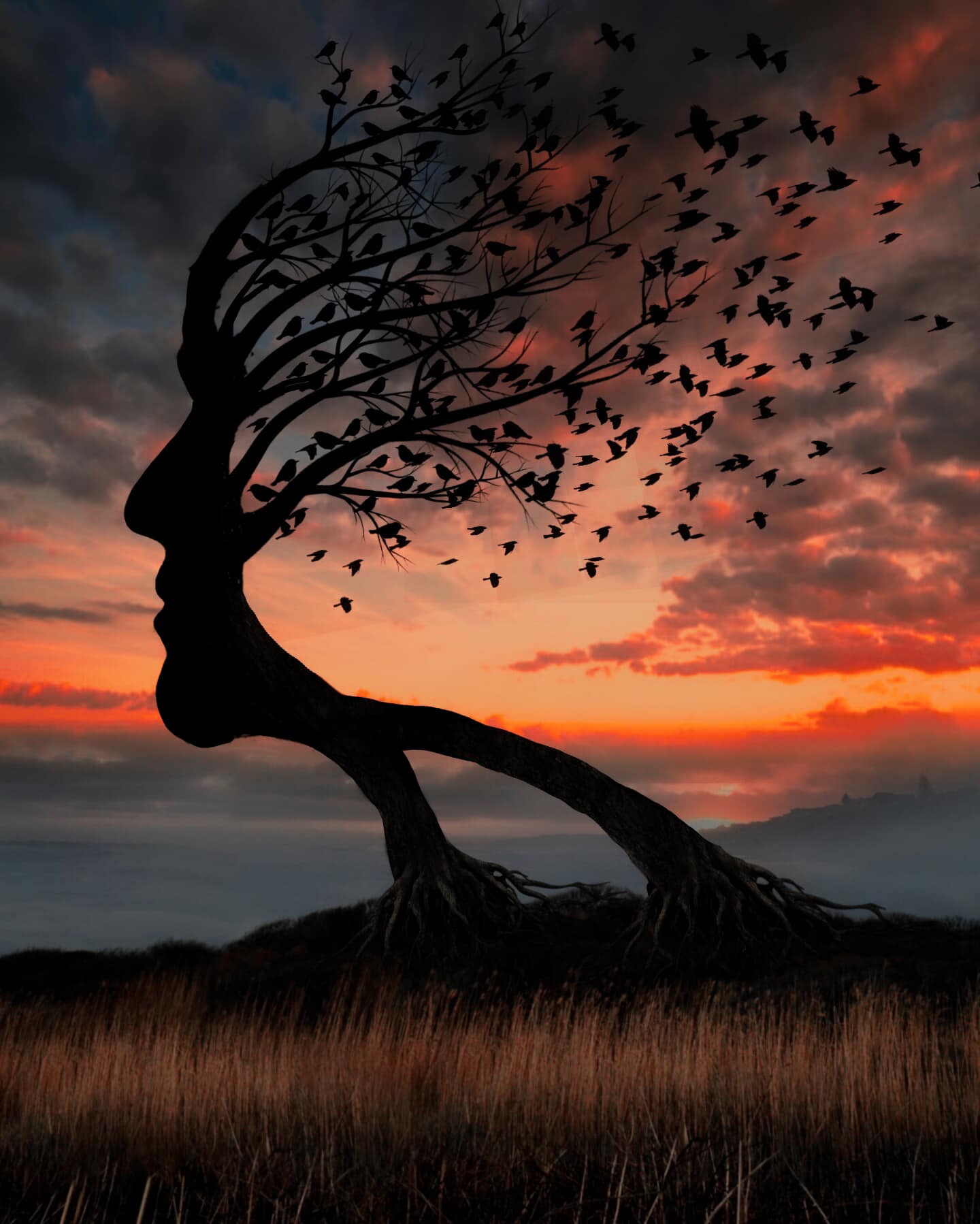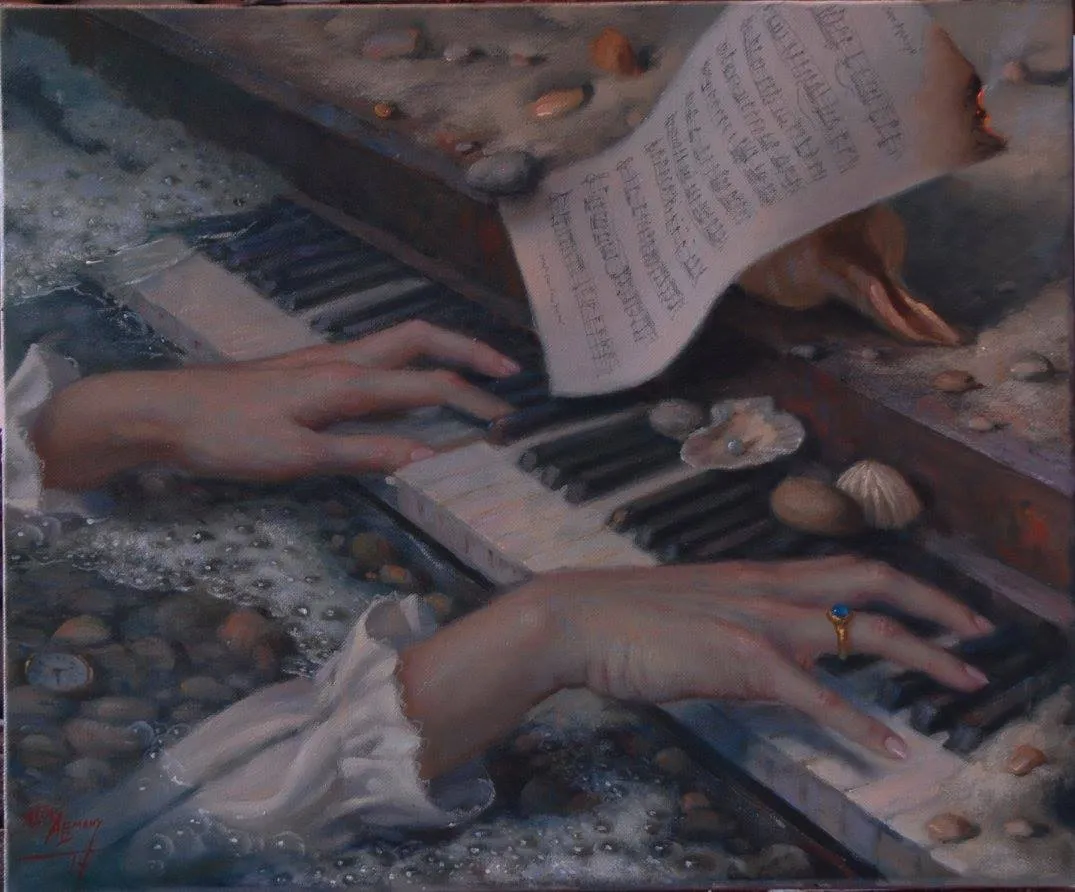Home » Tutti i post

Edward Henry Potthast | Along the Mystic River, 1925-1927
From: Thyssen-Bornemisza National Museum
In a letter written shortly before his death the American painter Edward Henry Potthast (1857-1927) recalled that he spent most of his summers "along the New England coast-Annisquam, Gloucester and Provincetown. Of late years I have been going to the Maine coast".
To the list of places visited along the eastern coastline of the United States, Potthast might have added Noank, Connecticut, on the Mystic River, where he also sketched and is probably the subject of this painting.
Edward Henry Potthast's paintings along the northern shoreline of the United States are markedly different from his joyful scenes of New York City's beaches.

Al Saralis | Pittore figurativo
Il pittore Britanico di origine greca Al Saralis è nato e cresciuto in una città mineraria gallese nella Rhymney Valley.
Attualmente vive e lavora nell'Hampshire, Regno Unito.
Da quando Al si è laureato a Cardiff con una laurea in Belle Arti, la figura umana è stata la sua principale fonte di ispirazione.
I suoi dipinti sono composti di solito da un'unica figura e, sebbene privi di narrativa ovvia, portano ai nostri pensieri ed interpretazioni indagatori.

William Callow | Watercolor painter
William Callow (1812–1908) was an British landscape painter, engraver and water colourist.
Callow was born in Greenwich on 28 July 1812.
He was apprenticed to the artist Copley Fielding, where he learnt the technique of plein air sketching.
He went on to study under Theodore and Thales Fielding, where he learnt to colour prints and make aquatints, and was taught water colour painting between 1825-7.
In 1829 Thales Fielding found him work as an engraver in Paris, where he worked alongside his friend Charles Bentley. While in the French capital he was encouraged by Thomas Shotter Boys to take up watercolours again.

Friedrich Overbeck | Nazareni painter
Johann Friedrich Overbeck (3 July 1789 - 12 November 1869) was a German painter. A member of the Nazarene movement - group of early 19th-century German Romantic painters who aimed to revive spirituality in art. The name Nazarene came from a term of derision used against them for their affectation of a biblical manner of clothing and hair style - he also made four etchings.
Early life and education
Born in Lübeck, his ancestors for three generations had been Protestant pastors; his father Christian Adolph Overbeck (1755-1821) was doctor of law, poet, mystic pietist and burgomaster of Lübeck.
Within a stone's throw of the family mansion in the Konigstrasse stood the Gymnasium, where the uncle, doctor of theology and a voluminous writer, was the master; there the nephew became a classic scholar and received instruction in art.

Jacobus Hendrik Pierneef | Landscape painter
Jacobus Hendrik (Henk) Pierneef (usually referred to as Pierneef) (Pretoria, 1886–1957), was a South African landscape artist (from Dutch parents), generally considered to be one of the best of the old South African masters.
His distinctive style is widely recognised and his work was greatly influenced by the South African landscape.
Most of his landscapes were of the South African highveld, which provided a lifelong source of inspiration for him. Pierneef's style was to reduce and simplify the landscape to geometric structures, using flat planes, lines and colour to present the harmony and order in nature.
Iscriviti a:
Commenti (Atom)









